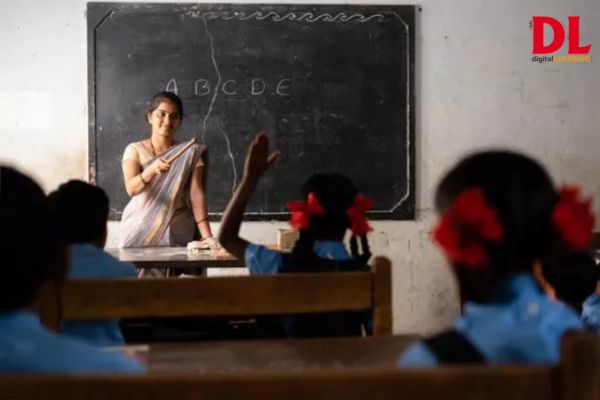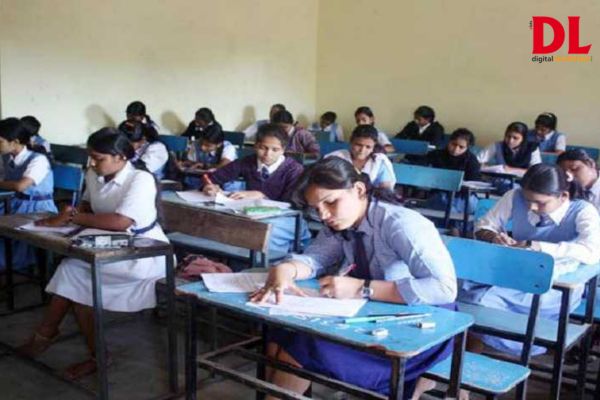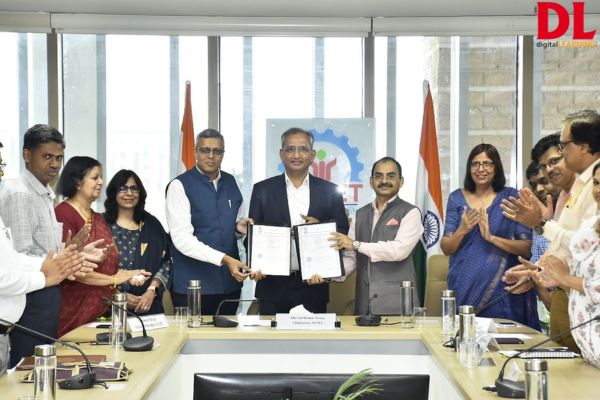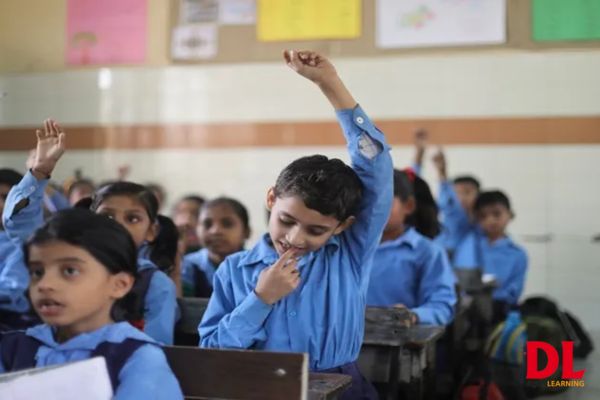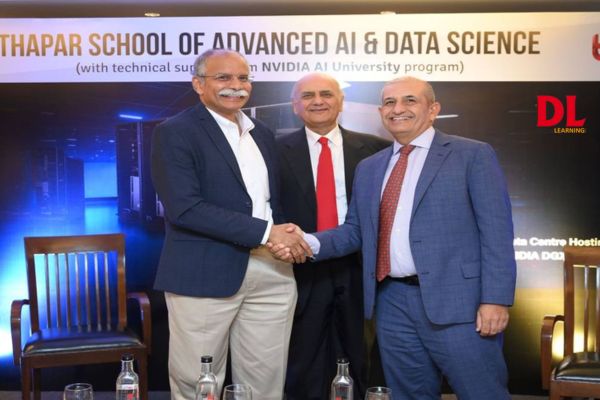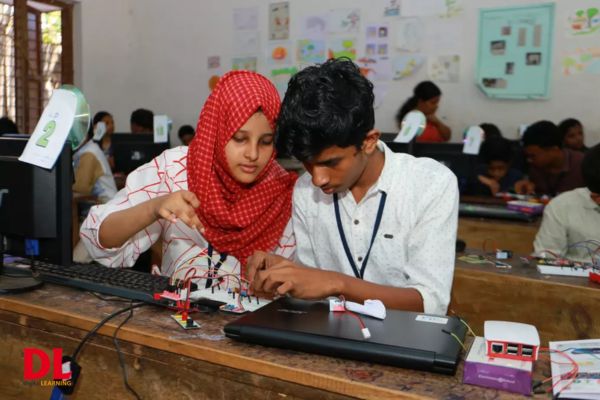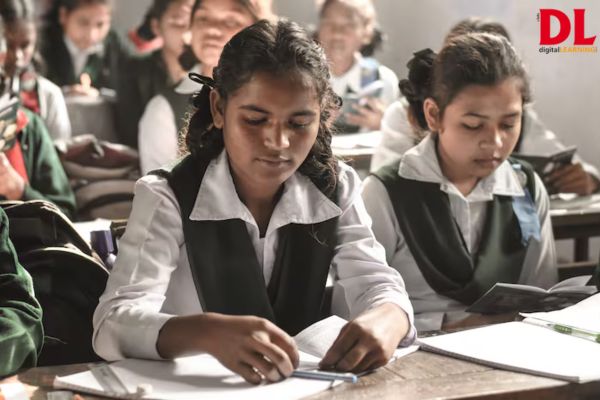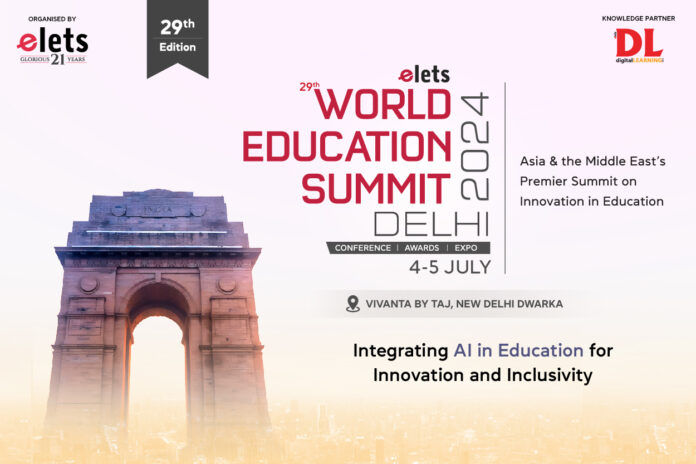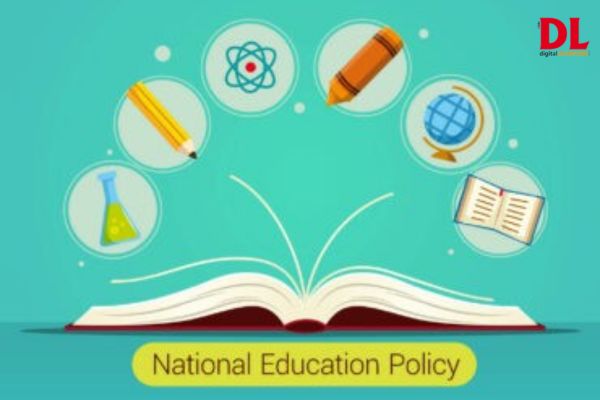The 29th edition of the Elets World Education Summit (WES) will take place in New Delhi on July 4-5, 2024, at Vivanta by Taj, Dwarka, New Delhi. As a premier education summit, WES brings together educators, policymakers from different governments, industry leaders, and innovators from across the globe to discuss and shape the future of education in an AI-driven era. This year’s summit promises many opportunities for recognition, networking, and collaboration.
Why Attend?
The World Education Summit is renowned for its unparalleled participation and engagement from leading professionals in the education sector. This year, we’re excited to host a remarkable lineup of distinguished attendees:
- Government Officials: 8 influential policymakers from the Government of India.
- Directors of IITs: 3 pioneering figures in technology and engineering education.
- Directors of IIMs: 6 masterminds of management education.
- Directors of NITs & IITs: 4 experts from leading technical institutions.
- Vice Chancellors (Central & State Universities): 6 strategic thinkers from top public universities.
- Owners: 10 visionary leaders driving the education landscape.
- Chancellors: 5 esteemed heads of prestigious institutions.
- Presidents & Vice Chancellors (Private Universities): 35 leading voices in higher education.
- Directors & Principals (Engineering and B-Schools): 25 influential educators and administrators.
- Deans, HODs, and Registrars: 25 key decision-makers and academic leaders.
What Makes This Summit Unique?
- Exclusive Access: Engage directly with the most influential leaders in the education sector.
- Networking Opportunities: Connect with key stakeholders who can drive your initiatives forward.
- Insightful Sessions: Gain cutting-edge insights from thought leaders and innovators.
- Collaborative Environment: Participate in dynamic discussions that encourage collaboration and innovation.
Key Highlights and Offerings of the 29th World Education Summit
WES Awards
The prestigious WES Awards will honour outstanding school and higher education contributions. These awards celebrate excellence and innovation, highlighting transformative innovations that significantly improve teaching and learning experiences. Schools and higher education institutions can gain recognition for advancing education, enhancing creativity, and implementing effective solutions in today’s digital age.
2nd Edition of EdTech Unleashed Empowering Startups
WES 2024 will host the 2nd edition of EdTech Unleashed, an exclusive event designed to support education technology startups. This initiative provides a platform for startups to pitch their innovative ideas and solutions to potential investors. It offers a unique opportunity for edtech entrepreneurs to secure funding, form strategic partnerships, and gain valuable insights from industry experts, empowering the growth of new technologies that can revolutionise the education landscape.
Connect with Education Industry Leaders
The summit offers unparalleled networking opportunities with leaders from the government, IITs, IIMs, and the edtech industry. Participants can engage with high-profile decision-makers and influencers, including chancellors, vice-chancellors, directors, policymakers, and senior academicians. This interaction is crucial for those looking to expand their influence, exchange valuable insights, and explore collaborative opportunities that drive innovation in education.
Enhanced Exhibitor Zones
WES 2024 provides enhanced exhibit spaces, offering exhibitors a prime opportunity to showcase their products and services to a targeted audience of industry leaders, top professionals, and key decision-makers. With strategically designed zones, exhibitors can effectively demonstrate their innovations to over 350 education leaders, government officials, and industry experts. These spaces and robust networking activities and sessions led by experts ensure maximum visibility and engagement. Exhibitors will gain valuable insights, develop meaningful connections, and enhance their brand visibility, positioning themselves as leaders in the education sector.
Exclusive Roundtable Sessions
The 29th Elets World Education Summit will feature exclusive roundtable sessions for the school and higher education sectors. This unique platform will bring together diverse stakeholders spanning the educational spectrum. These sessions will provide deep insights and facilitate meaningful discussions on the changing trends and practices elevating the education ecosystem.
Comprehensive Conference Experience
The summit will open a gamut of learning opportunities, offering unique insights and approaches to shaping a future-ready education system. Attendees can expect to uncover new possibilities and embrace the imperative of future readiness in education through various informative sessions, discussions, and networking opportunities.
Funding and Partnerships
EdTech Unleashed returns for its 2nd edition, offering startups an exclusive chance to pitch live to investors. This initiative aims to encourage the growth of innovative technologies by providing edtech entrepreneurs with opportunities to secure funding and form strategic partnerships.
Special Souvenir Release
Showcase Your Institution’s Initiatives to Education Bodies The summit will feature a special souvenir themed on “Role of Education Sector in Creating Viksit Bharat.” This souvenir offers participants a unique opportunity to connect with key education bodies such as the Ministry of Education (MoE), the University Grants Commission (UGC), and the All India Council for Technical Education (AICTE). It is a powerful platform for showcasing achievements, innovations, and contributions to the education sector, enhancing visibility and impact within the industry.
The 29th World Education Summit is more than just a summit; it is a dynamic platform that brings together the brightest minds in education to discuss, innovate, and collaborate. Whether you are an educator, policymaker, industry leader, or edtech entrepreneur, WES 2024 offers numerous opportunities to gain recognition, secure funding, and connect with key stakeholders. Don’t miss your chance to be part of this transformative event that is shaping the future of education.
Explore more: https://wes.eletsonline.com/









